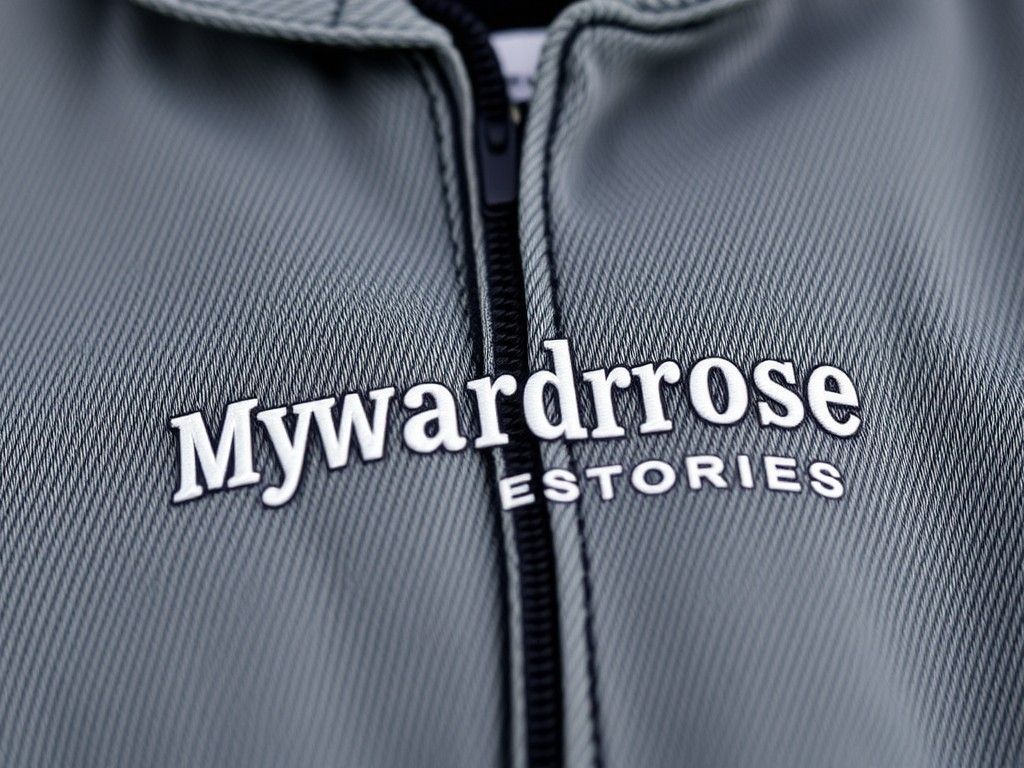Overview of Vegan and Cruelty-Free Fabrics
Vegan and cruelty-free materials are reshaping the fashion industry by offering ethical and environmentally friendly alternatives to traditional textiles. Vegan fabrics are made without using animal products, ensuring that no animals are harmed in the process, which aligns with cruelty-free principles. These fabrics are gaining significant importance due to growing consumer awareness and demand for sustainable textiles. Traditional fabric production often involves significant environmental impacts, including high water usage and greenhouse gas emissions. In contrast, vegan and cruelty-free fabrics, such as those derived from plant-based textiles, often have lower carbon footprints and resource consumption.
Sustainable textiles provide numerous benefits to both consumers and the planet. These materials reduce dependency on finite resources and minimise harmful environmental effects. They also support ethical production practices, appealing to consumers who prioritise conscious shopping. For the fashion industry, these fabrics represent an opportunity to innovate by incorporating eco-friendly options into collections, thus enhancing brand reputation and customer loyalty. As awareness of these sustainable options grows, more fashion brands are likely to embrace vegan and cruelty-free fabrics, propelling the industry towards a more eco-friendly and ethically responsible future.
Have you seen this : Essential Factors for Selecting Ethical Artisan Footwear in the UK: A Comprehensive Guide
Innovative Vegan Fabrics Shaping UK Fashion
The UK fashion industry is witnessing a transformation driven by innovative materials, particularly plant-based textiles. These environmentally friendly fabrics are redefining fashion’s relationship with nature, offering sustainable alternatives to animal-derived counterparts.
Pineapple Leather (Piñatex)
Piñatex, a pioneering plant-based textile, is crafted from pineapple leaf fibres, a byproduct of the fruit industry. This ingenious approach not only utilises waste but also opens doors for sustainable fashion innovation. Key brands like Hugo Boss and H&M have incorporated Piñatex into their collections, influencing trends with this ethical substitute for leather. Fashionistas appreciate its versatility, integrating it seamlessly into accessories like shoes, bags, and jackets.
This might interest you : Step in style: your ultimate guide to comfortable shoes for london museum adventures
Hemp Fabric
Hemp fabric, another innovator in the textile sector, is celebrated for its durability and sustainability. Known for requiring minimal water and no pesticides, hemp is an environmentally friendly fabric that many UK brands, like Thought Clothing, are embracing. Its applications in contemporary fashion include stylish yet eco-conscious streetwear and formal attire.
Mycelium Leather
Mycelium, derived from fungi, stands at the frontier of sustainable fashion. Presently adopted by high-end designers such as Stella McCartney, its use in avant-garde collections showcases its potential. As mycelium continues to gain traction, it promises to lead sustainable fashion’s future trends with its biodegradability and versatility.
Environmental Benefits of Vegan Fabrics
Vegan fabrics are key players in promoting sustainable fashion, as they notably reduce the carbon footprint and resource consumption associated with traditional textile production. This shift is largely attributed to the eco-friendly fabrics derived from plant-based textiles, which require fewer chemical processes and water usage. Unlike conventional fabrics that often depend on synthetic fibres or animal products, vegan fabrics have a substantially lower environmental impact, conserving vital natural resources and energy.
One profound benefit of these textiles is their contribution to biodiversity and conservation. By eliminating the need for animal-derived materials, these fabrics support ecosystems and reduce deforestation related to animal agriculture. The adoption of vegan materials promotes sustainable practices, leading to healthier habitats and a decrease in species extinction risks.
Several brands illustrate these improvements through case studies that highlight enhanced sustainability metrics. These studies showcase the measurable impacts of switching to vegan fabrics, such as lower greenhouse gas emissions and reduced water footprints. Innovative brands are setting benchmarks in the industry by proving that eco-conscious fashion is both feasible and advantageous. By choosing eco-friendly materials, consumers and manufacturers collectively contribute to environmental restoration and preservation. This shift not only satisfies ethical fashion demands but also ensures a brighter future for our planet.
Ethical Brands Promoting Vegan Fabrics in the UK
The rise of ethical fashion brands in the UK is transforming the industry as they champion vegan fabrics and cruelty-free practices. These brands are at the forefront of advancing sustainable options, offering consumers innovative and responsible fashion choices.
Brand Spotlight: Stella McCartney
Stella McCartney stands as a beacon of sustainability, adhering strictly to an eco-conscious philosophy. Her collections consistently feature vegan fabrics, such as Mycelium Leather, which affirm her commitment to ethical practices. This dedication not only influences the broader fashion landscape but also sets a standard for other brands striving towards sustainability.
Brand Spotlight: Reformation
Reformation’s ethos centres on using sustainable textiles, creatively incorporating vegan materials into stylish garments. Known for popular collections and collaborations, Reformation significantly impacts consumer awareness by advocating for environmentally friendly fashion choices.
Emerging Brands to Watch
The UK fashion scene is witnessing the emergence of new brands focusing on vegan and cruelty-free practices. These pioneers utilise inventive approaches, offering unique products that emphasise the importance of conscious fashion. As these brands grow, their influence on the market is expected to expand, encouraging a wider adoption of vegan fashion in the UK.
Current Fashion Trends Influenced by Vegan Fabrics
As vegan fabrics revolutionise sustainable fashion, they’re driving significant shifts in fashion trends. Vegan clothing has become a noteworthy facet of sustainable fashion weeks, where designers showcase collections highlighting eco-friendly materials. This emphasis on sustainability is not just a fleeting trend; it represents a paradigm shift towards more responsible fashion practices.
Popular styles emerging from this movement include garments that blend vegan materials with modern aesthetics. Fashionistas are increasingly drawn to pieces like Piñatex jackets, mycelium leather bags, and hemp dresses. These items not only boast stylish designs but also appeal to the growing demographic of ethically-conscious consumers.
Consumer behaviour indicates a clear shift towards ethical purchasing. Shoppers are more inclined to favour brands and collections that prioritise sustainability, impacting broader fashion trends. This movement is inspiring designers to innovate with biodegradable and environmentally friendly materials, aiming to meet the rising demand for ethical fashion choices.
In summary, the integration of vegan fabrics in modern fashion trends reflects an ongoing commitment to environmental responsibility. As more consumers embrace ethical shopping, the influence of vegan clothing continues to expand, shaping the future of the fashion industry.
Visual Insights and Comparisons
Understanding the differences between vegan fabrics and traditional textiles can be challenging. Here, we’ll provide insights into how these materials stack up and offer a glimpse into the evolving world of sustainable fashion.
Infographic: Vegan Fabrics vs Traditional Fabrics
Contemporary fashion leans toward sustainable textiles due to increased environmental awareness. Our infographic visually dissects the advantages of vegan fabrics over traditional materials. You’ll discover:
- Reduced water consumption in vegan fabric production, highlighting its eco-friendly nature.
- A stark contrast in carbon emissions, with vegan options significantly lowering the carbon footprint.
- Increasing consumer preference for cruelty-free materials, aligning lifestyle choices with ethical values.
Style Guide: Incorporating Vegan Fabrics
Styling with vegan fabrics emphasizes versatility and innovation. Our style guide inspires eco-conscious fashion choices:
- Explore color palettes that complement plant-based textiles.
- Integrate design elements from nature, like leaf patterns and earth tones.
Future Trends: What’s Next for Vegan Fashion?
Vegan fashion is set to evolve, driven by innovative materials and a shift towards cruelty-free practices:
- Anticipate new fabric innovations like lab-grown textiles.
- Look for more brands championing vegan and sustainable fashion.
These insights offer a comprehensive view of vegan fashion’s potential and the sustainable fashion landscape.








